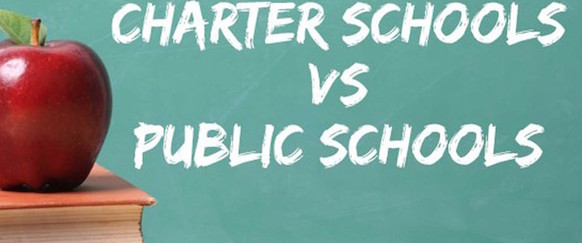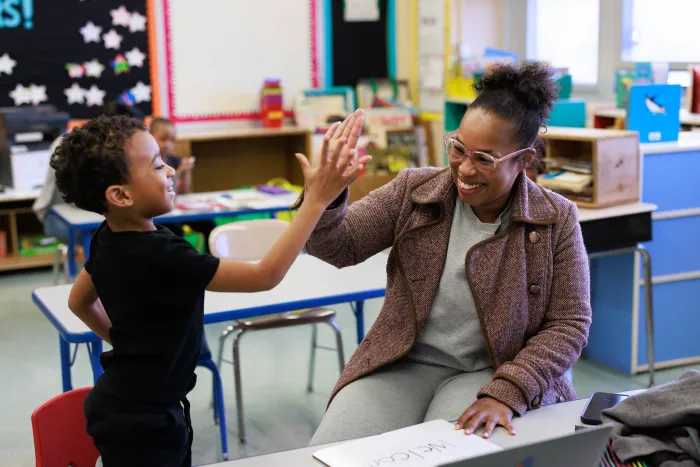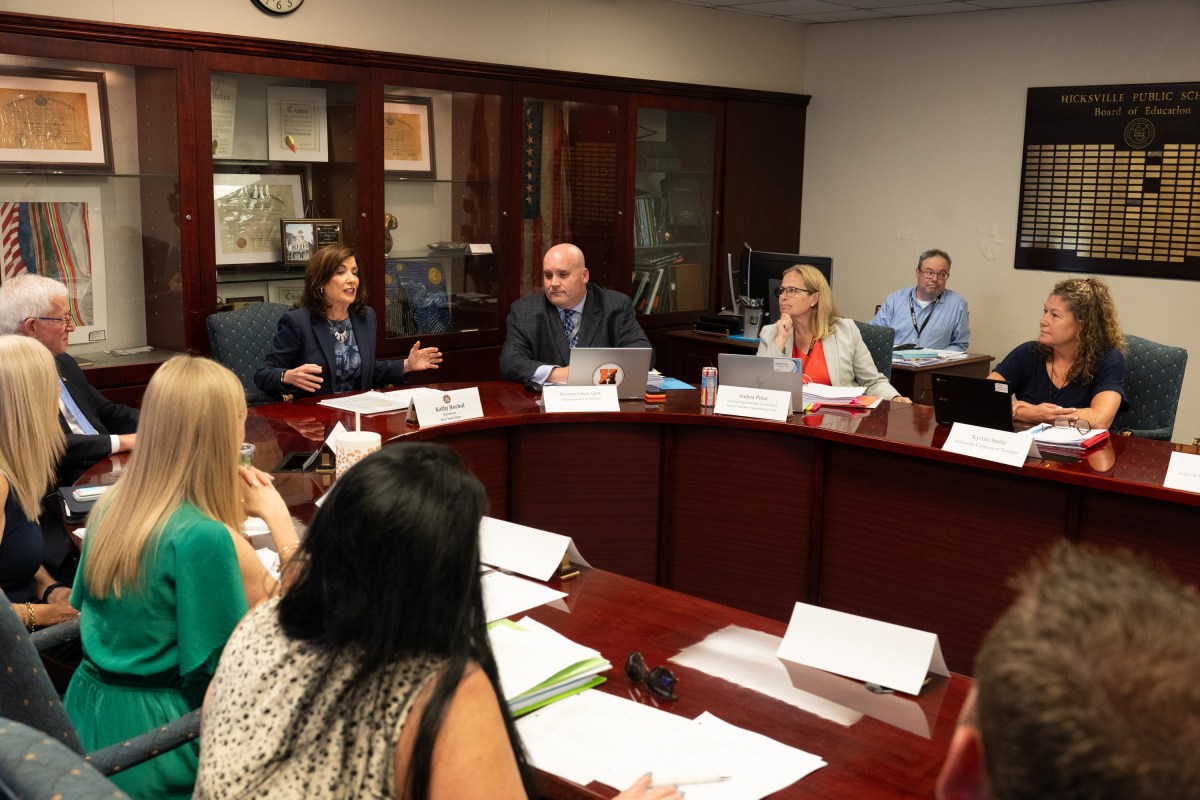The United Federation of Teachers yesterday proposed state legislation that will require charter schools to accept and keep comparable numbers of high-needs students as traditional public schools or risk reductions in state funding and possibly forfeiting their charters.
But charter school leaders and advocates were quick to call the UFT proposal a cynical attempt at putting the brakes on the ever expanding charter network.
The union’s proposal comes just weeks into Albany’s legislative session began and after the State University of New York has launched an investigation into the discipline policies at controversial charter school network Success Academy, and allegations it continues to try to push difficult and disabled students out.
It also upped the ante in the ongoing battle between the politically powerful union and well-monied charter schools – one in which charter schools such as Success Academy locate in black and brown low-income neighborhoods and continually outperform public schools in wealthier public schools districts.

“For years, the charter industry in New York City has pledged to try to educate all kinds of students, whatever their needs. It has since become clear that these were empty promises. The parents and children of New York City have waited long enough. We need laws with teeth that will compel charters to face the same difficult task as the public schools to which they constantly compare themselves,” said UFT President Michael Mulgrew.
Mulgrew sited a 2010 report that found as a group public schools enrolled four times as many English language learners and about 40 percent more children with disabilities than did the charter schools.
Six years later, charters still continue to enroll a far smaller percentage of English language learners, students with disabilities and other categories of needy students than the public schools in their neighborhoods, he said.
But Eva Moskowitz, founder and CEO of Success Academy Charter Schools. said the proposed legislation has more to do with advancing the UFT’s goal of fighting charter school expansion than it is about improving the flawed public school education system.

“Schools naturally vary in the number of special needs and English language learners they serve. There are many district schools, for example, that serve less than the average number of students with disabilities,” said Moskowitz. “However, the UFT’s legislation provides that if a single school in a large network of charter schools had fewer than the average number of SPED students, the network could not open up any new schools. This draconian proposal shows what the UFT is really interested in: hobbling the growth of charter schools.”
Steve Zimmerman, c0-director of the Coalition of Community Charter Schools said the organization’s member schools go to great lengths to enroll students with special needs and a number of their schools specialize in SPED services and/or specifically target the least advantaged students in New York City.
“There are indeed persistent issues regarding equitable enrollment of disadvantaged students across all of public education in NYC and we’ll do a better job of resolving these issues when we stop demonizing the various sectors and start to address problems collaboratively. Punitive legislation is not a good place to start,” said Zimmerman.
Kyle Rosenkrans, the CEO of the Northeast Charter Schools Network, a membership and advocacy organization with more than 250 charter schools in New York and Connecticut alleged that Mulgrew knows but failed to mention that few if any public schools – district or charter – actually meet these standards.
“Very few district schools actually reflect their district average. The ugly truth is that districts group high-needs students together in particular schools while other district schools have virtually no high-needs children. It’s wrong and there are numerous lawsuits against the NYC DOE for this practice. And it’s poor black and brown kids who are disproportionately classified and warehoused in programs like these,” said Rosenkrans.










